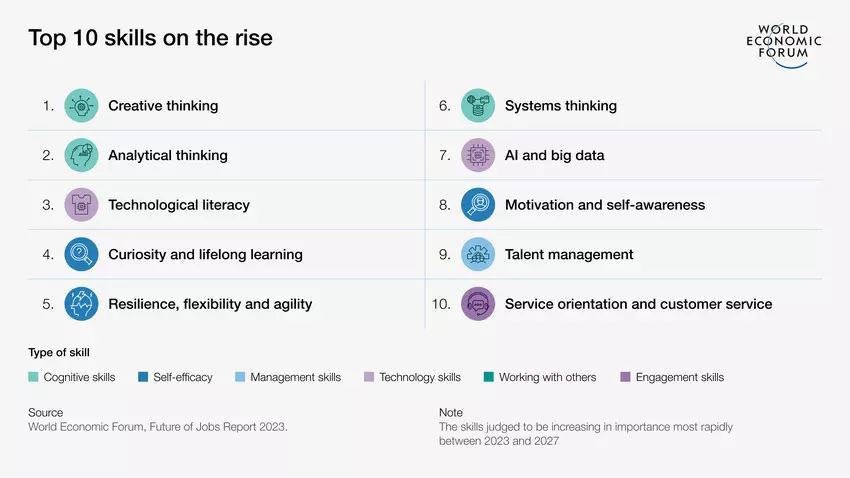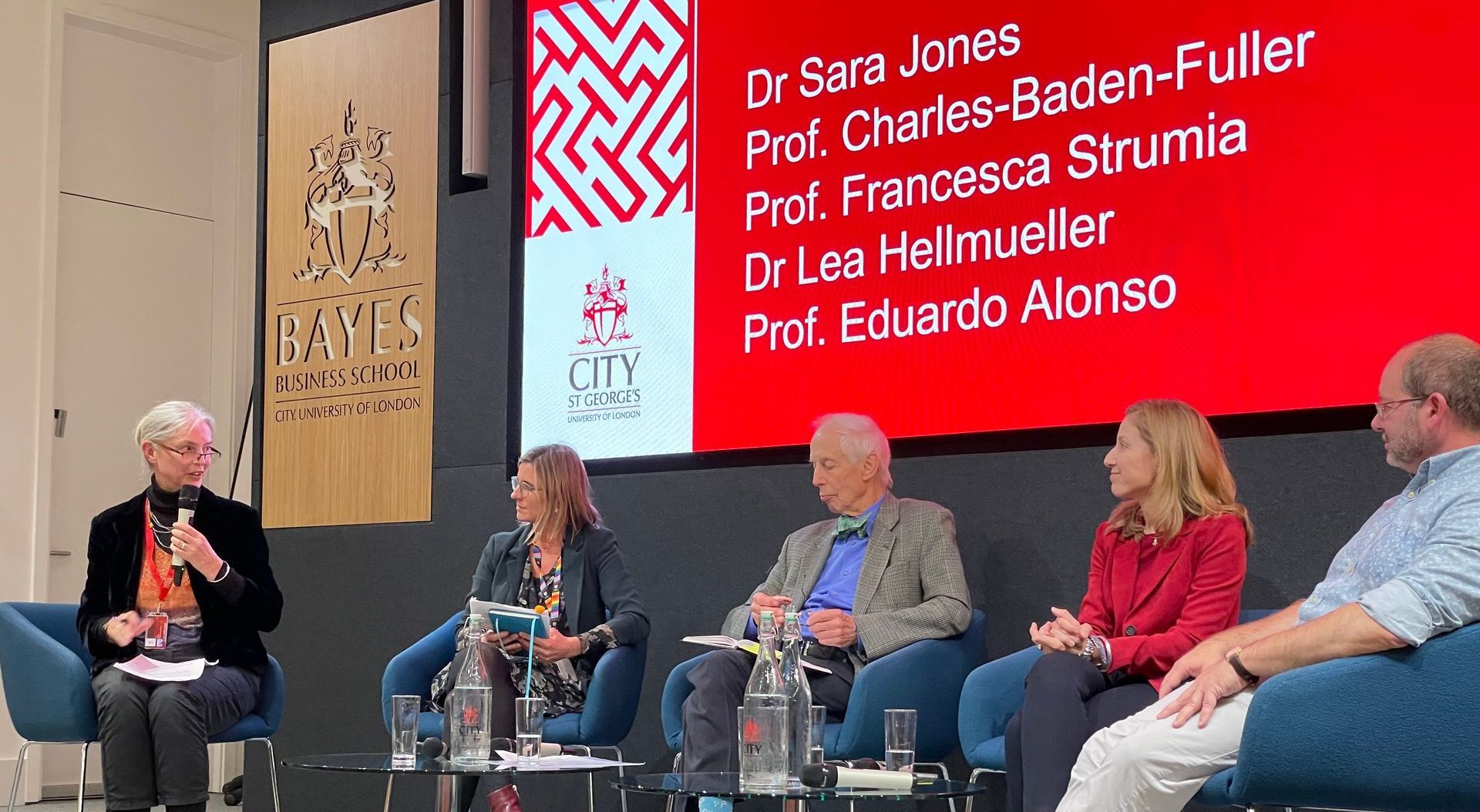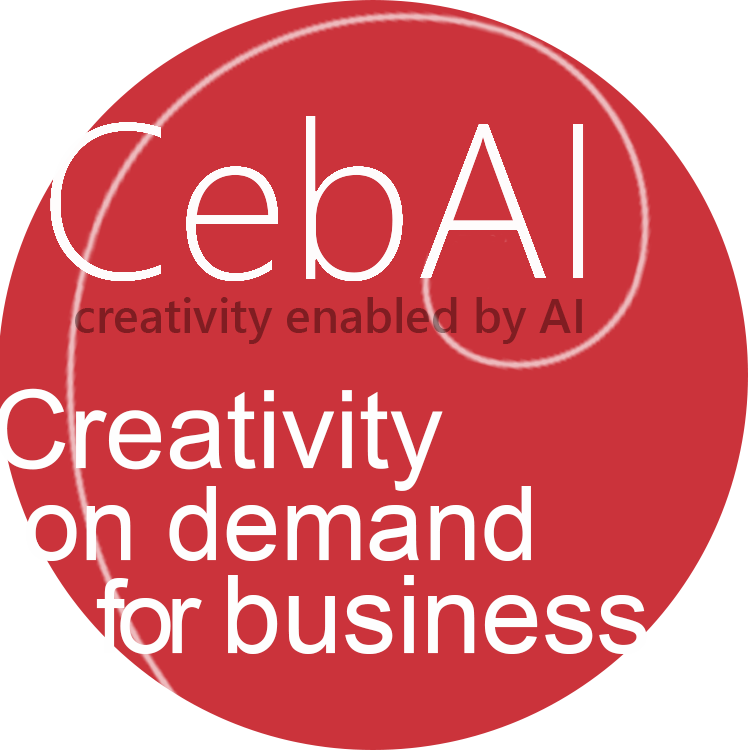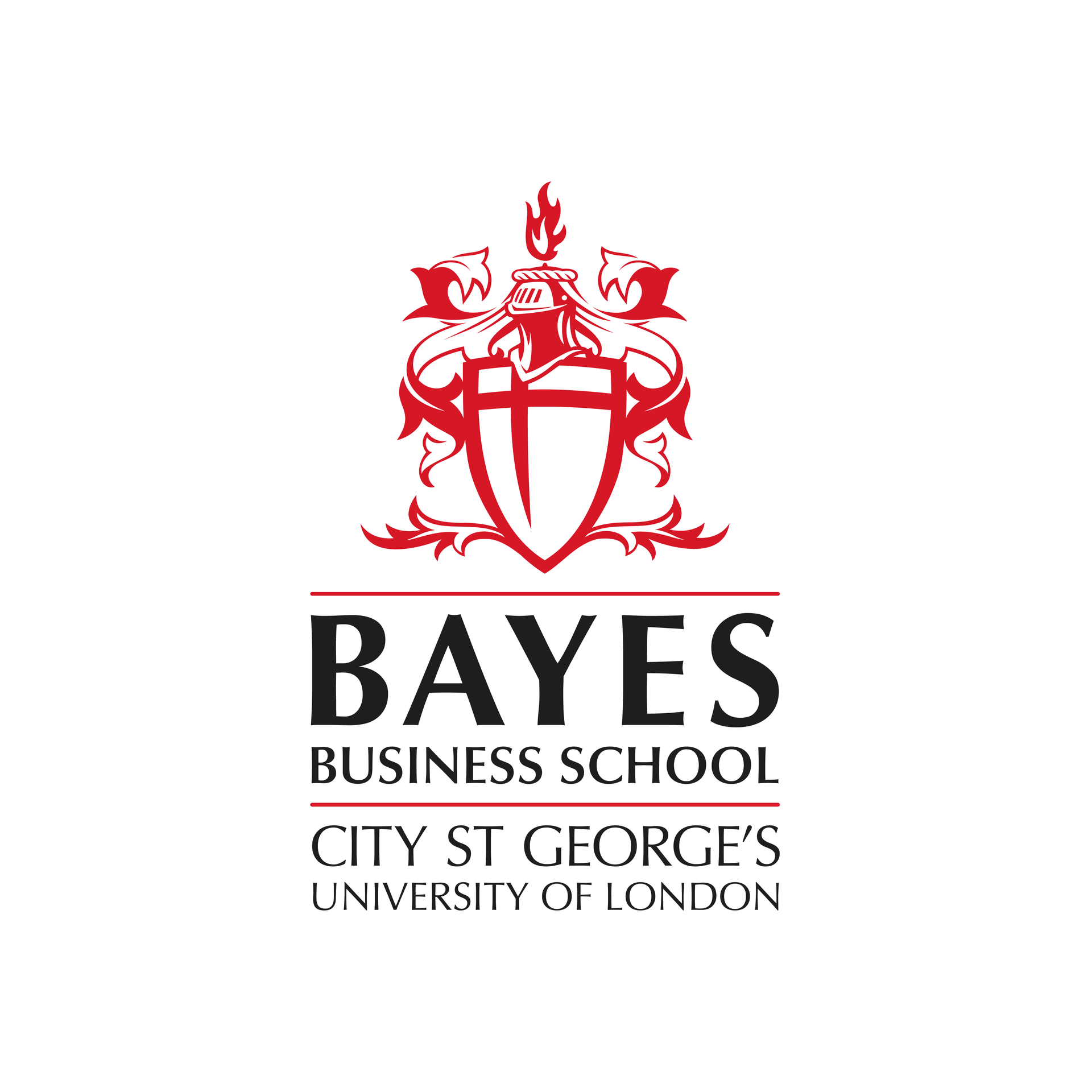Institute for Creativity and AI
Sam Steele
16 October 2024
The future of Creativity and AI
Creative thinking is becoming something of a hot topic in business circles these days.
The World Economic Forum’s Future of Jobs report showed that analytical thinking and creative thinking
are currently the top two skills required by global businesses, closely followed by technological literacy (Future of Jobs, WEO, 2023).
Banking giants HSBC forecasts the future office as a "highly creative research lab, where innovation and creativity are key activities" (HSBC, 2024). In the same report HSBC also consider the impact of AI and other advanced technology on the workplace.

The Institute for AI and Creativity (ICAI)

Bringing both these themes of creativity and new tech together is the job of the newly inaugurated Institute for Creativity and AI (ICAI), based at City & St George's, University of London.
Working collaboratively across all the specialisms of the university's six schools - The City Law School, School of Health & Psychological Sciences, Bayes Business School, the School of Communication & Creativity; the School of Science & Technology; and the School of Policy & Global Affairs - ICAI has three main goals:
- Understand current creative work challenges in presence of AI technologies
- Research and develop new co-creative AI tools to augment work in different professions
- Investigate how AI will impact these professions and their organisations
"If thinking happens when we're writing,
and we get rid of the writing -
what happens to the thinking?"
Dr Richard Banks, Principal Design Manager, Microsoft Research UK
At the launch event for the Institute, Microsoft's Dr Richard Banks, discussed thinking as an intrinsic activity for human cognition. "If thinking happens when we're writing, and we get rid of the writing - what happens to the thinking?" he asked, as part of his demonstration into the types of activities that he and his team are working on at Microsoft to develop apps that support human creative thinking.
The Director of the new Institute, Professor Neil Maiden said that the ICAI will provide a space to collaborate, where academics, researchers and businesses can exchange ideas, and explore challenges and opportunities.
In addition, working across the breadth of the university enables the development of more ambitious interdisciplinary research proposals, that can attract increased grant funding. And, in turn, this ambitious research should be able to deliver impact in the important field of creative work via AI, both nationally and internationally.
"How we grasp the immense potential of artificial intelligence across key sectors, and negotiate the tests it puts forward" Maiden said, "will determine how we create then innovate to improve business growth, education, healthcare, journalism, law and many other sectors for generations to come".
Read more about the launch of the Institute here
Visit the homepage of the Institute for Creativity and AI
Try one of our creativity enhancing tools for business
here
Bibliography
HSBC (2024) Digital Horizons. HSBC, p. 28. Available at: https://www.business.hsbc.com/en-gb/campaigns/digital-horizons
WEF (2023) The Future of Jobs Report 2023, World Economic Forum. Available at: https://www.weforum.org/publications/the-future-of-jobs-report-2023/



